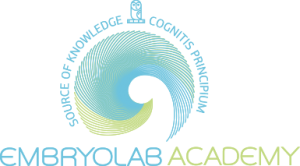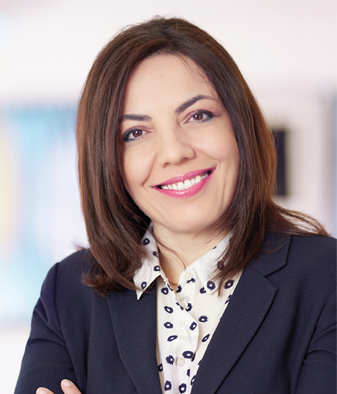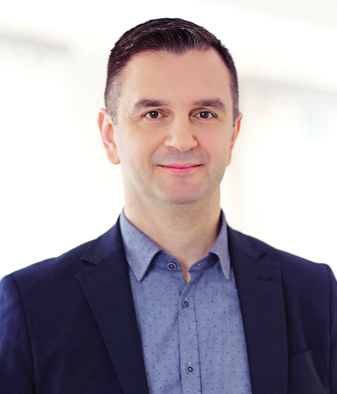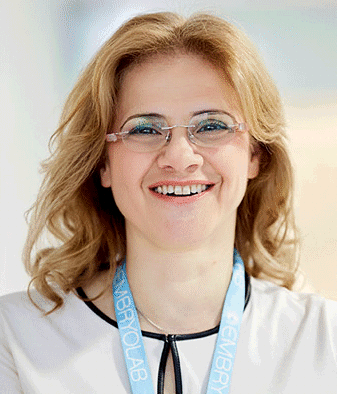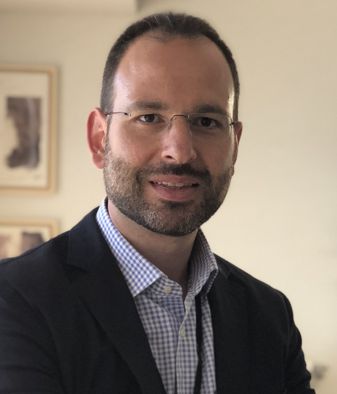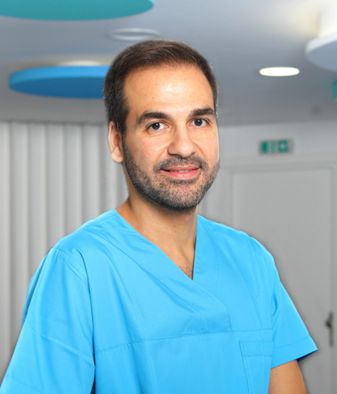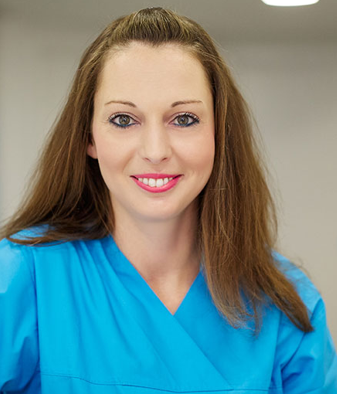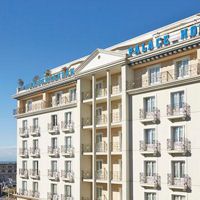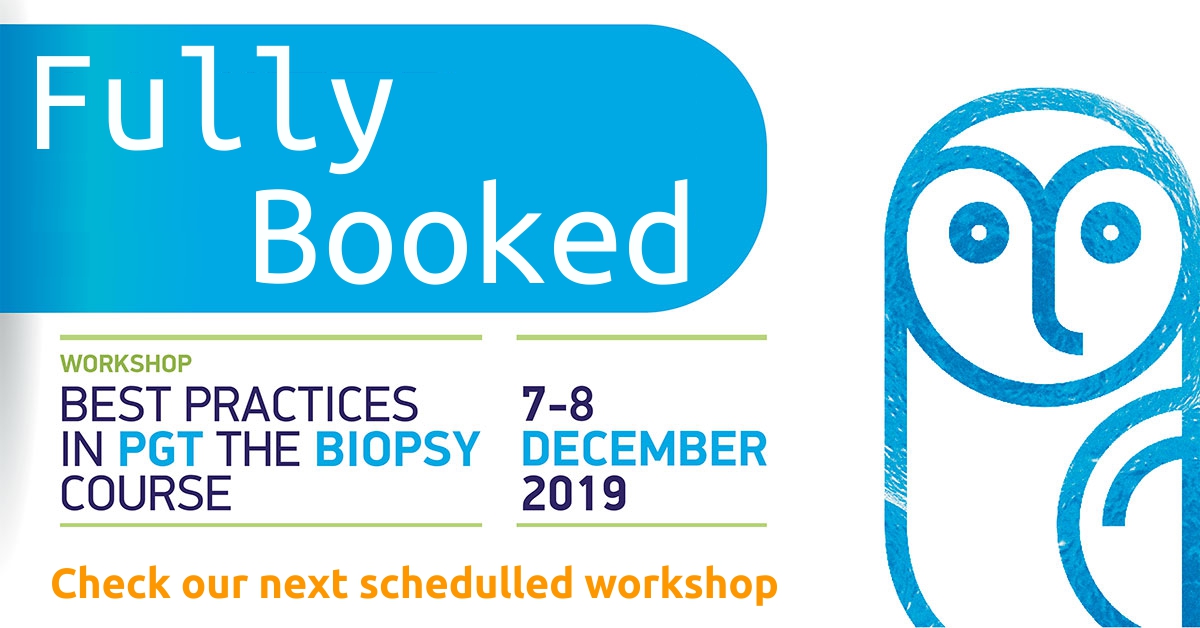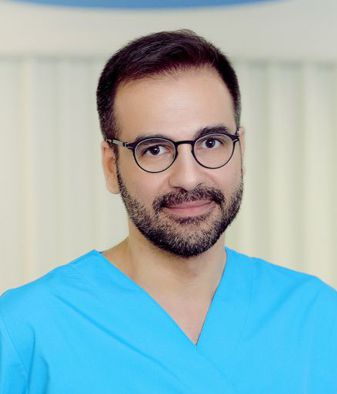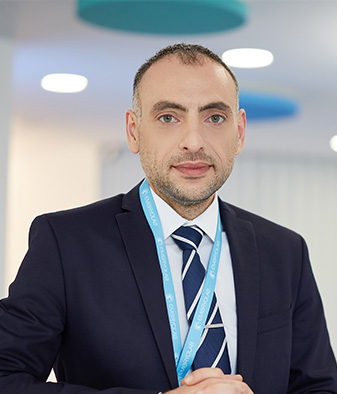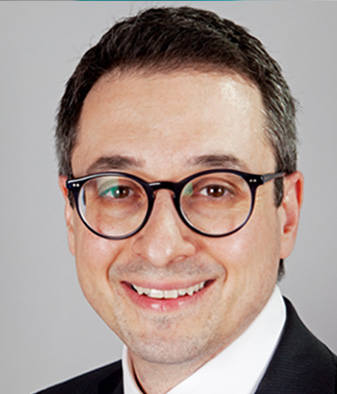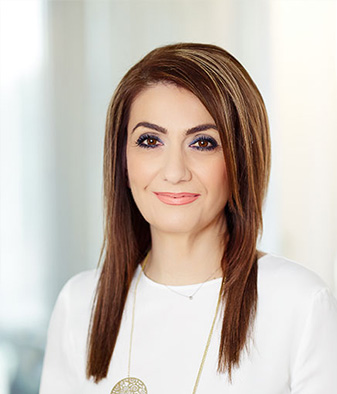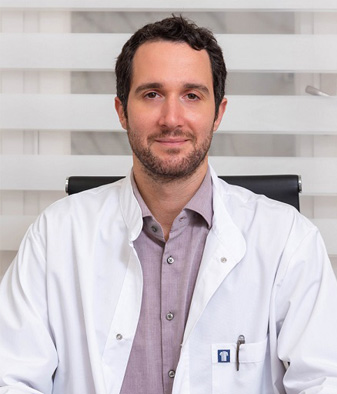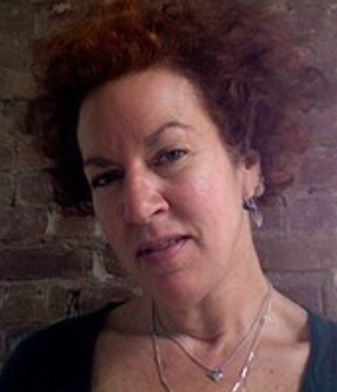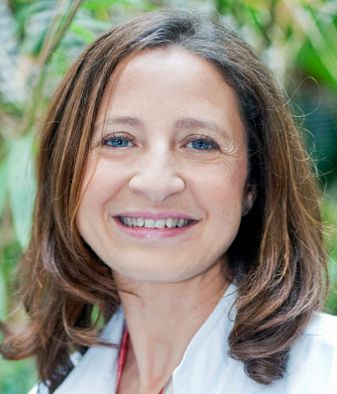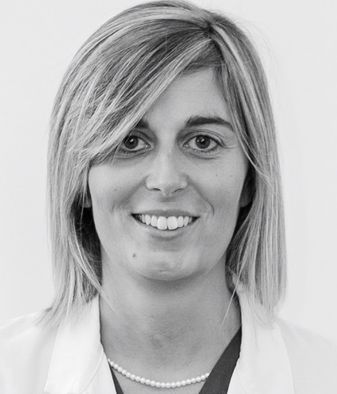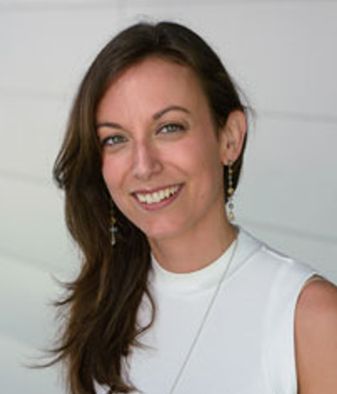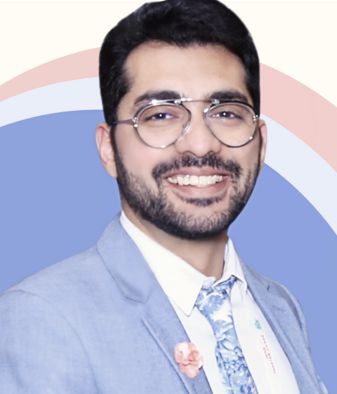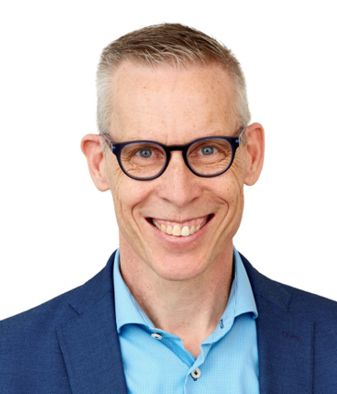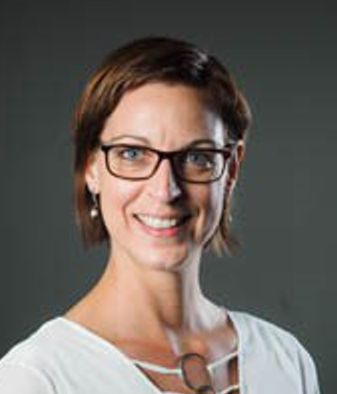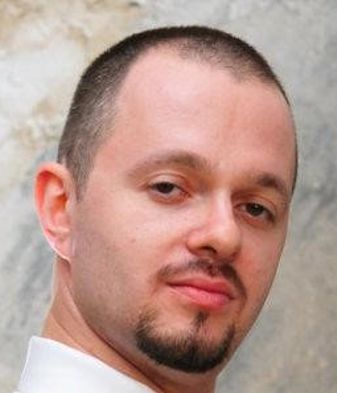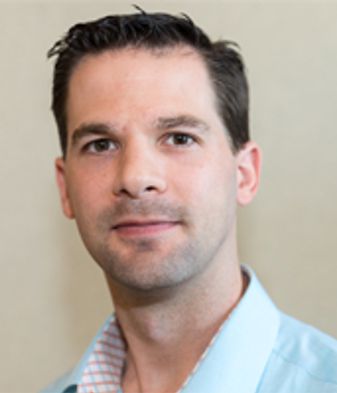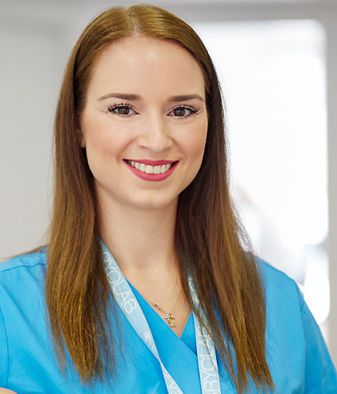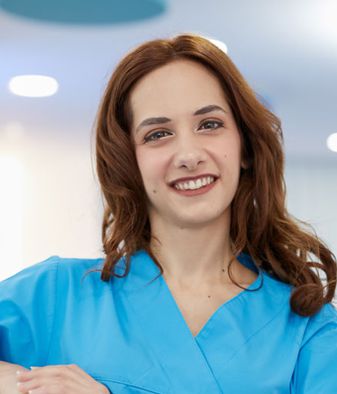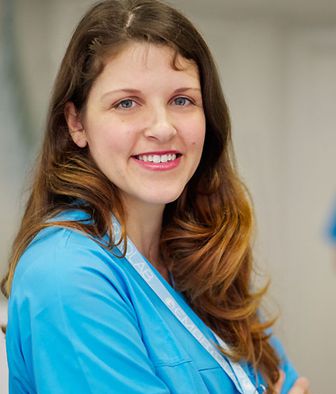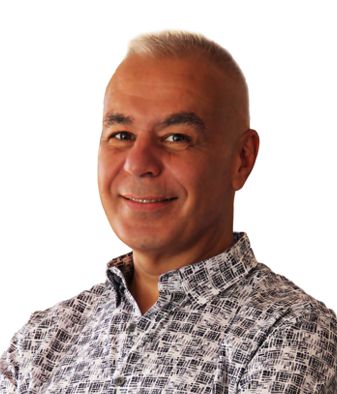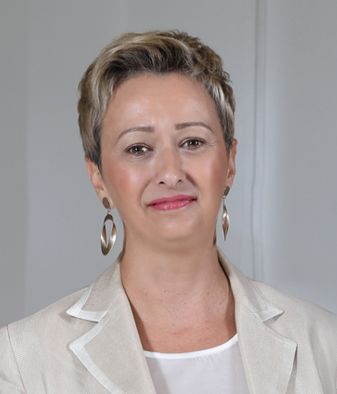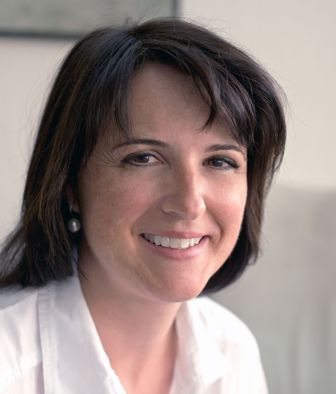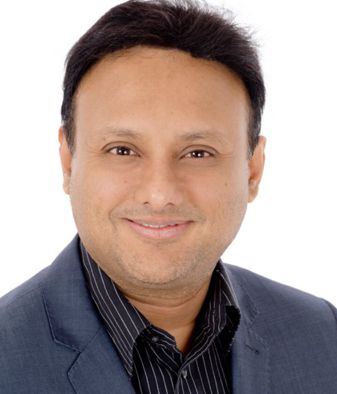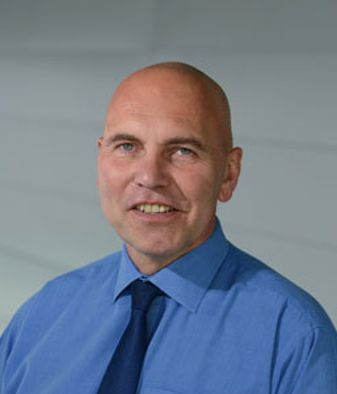Welcome message
Dear colleagues,
It is our great pleasure to invite you to Thessaloniki, Greece for the state of the art Hands-on Workshop “Best Practices in PGT” organized by Embryolab Academy on 7th & 8th December 2019.
This two-day workshop is designed for clinical embryologists, geneticists and lab technicians who desire to improve their knowledge and understanding in recent advances of PGT.Lectures will be given by a panel of experts who are actively involved in setting up, running and monitoring PGT programs and will provide a practical insight of everyday PGT practices and challenges.
Special emphasis will be given on the demonstration and hands-on practice of blastocyst biopsy, tubing, vitrification/warming of biopsied blastocysts and the interpretation of the genetic results.
Limited number of participants for maximum exposure to hands-on experience and interaction.
Looking forward to welcoming you at Hands-on Workshop “Best Practices in PGT”.
On behalf of Embryolab Academy,
Alexia Chatziparasidou,
MSc, Sr. Clinical Embryologist,
Co-Founder and Director of
Embryolab Academy
MD, MSc, FRCOG
Consultant Obstetrician & Gynaecologist
Embryolab Clinical & Scientific Director
Co-Founder and Board Member of Embryolab Academy
Glykeria Samolada,
Genetic Counsellor
Co-Founder and Board Member of Embryolab Academy
Workshop's Objectives
- to present an overview of the current state of genetic screening, biopsy techniques and every day challenges in a PGT program.
- to offer expert hands-on training in Blastocyst biopsy technique, tubing, vitrification/warming of biopsied blastocysts and the interpretation of the genetic results.
- to offer an insight in good clinical practice for a modern PGT program through Networking, interaction and discussion between experts and participants.
Why should i register
- Update on all the latest developments in PGT and how they affect the daily practices
- Hands on training by experts with long experience in teaching and PGT daily practices
- Interaction with PGT experts and international networking
- Certificate of attendance with 12 European CME credits (ECMECs)
- A free Embryolab Academy membership
Target Audience
The target audience consists of Clinical Embryologist, Geneticists and Lab technicians working in IVF, interested in improving their theoretical and hands-on skills on Blastocyst Biopsy, Trophectoderm tubing and learn about vitrification tips and tricks for biopsied blastocyst.
Prominent Speakers
The workshop will take place at the Embryolab Fertility Clinic:
Ethnikis Antistaseos Str. 173-175
551 34 Kalamaria,Thessaloniki, Greece
Tel: +302310 474747
https://embryolab.eu
Saturday 7th December 2019
Sunday 8th December 2019
Important Dates:
Deadline for Early bird registration: September 30th, 2019
The official language of the Workshop is English. No simultaneous translation will be provided.
According to the Panhellenic Medical Organization, certificates will be provided after the completion of attendance of 60% of the Scientific Program. Thus, a barcode system will be implemented during the Workshop in order to register all delegates’ attendance time.
Registration badges will be used during the Workshop. Participants will receive their badges upon check-in on arrivals day. For identification purposes and admission to session hall, as well as for accreditation purposes participants are requested to wear their badges at all times. Admission to Workshop areas will not be allowed without badge identification.
“All-in” registration includes:
- Workshop Registration
- Theoretical Sessions
- Hands-on Sessions
- Workshop Syllabus
- Coffee Breaks
- Lunch Break
- Workshop Dinner
- Transportation from Hotel to the venue
- 2-night accommodation in a Single Room at Mediterranean Palace Hotel 5 star hotel (breakfast included)
- Certificate of Attendance with 12 European CME credits (ECMECs)
- Embryolab Academy Membership
No Accomodation / Transport includes:
- Workshop Registration
- Theoretical Sessions
- Hands-on Sessions
- Workshop Syllabus
- Coffee Breaks
- Lunch Break
- Workshop Dinner
- Certificate of Attendance with 12 European CME credits (ECMECs)
- Embryolab Academy Membership
All – in
Early Bird: Until 30th September 2019: 900 €
Regular Fee: From 1st October 2019: 1.050 €
No Accomodation / Transport
Early Bird: Until 30th September 2019: 650 €
Regular Fee: From 1st October 2019: 800 €
Currency
All fees are calculated in EUR (€). Participants from countries where currency restrictions prevent them from sending registration fees in advance are asked to inform the Organizing Secretariat, in order to avoid being charged late registration fees.
Insurance
Voyager Travel & Congress cannot accept any responsibility for any personal loss, accidents and/or damages to participants and/or accompanying persons. Participants are strongly advised to acquire personal insurance to cover any eventuality that may occur during the Workshop.
Greece is a Member-State of the European Union and has signed the Schengen Agreement. While traveling within the E.U., you only need your Identity card. However, a passport is necessary for a number of other transactions, such as currency exchange, purchases, etc.
Visas are not required by European citizens from countries that are part of the Schengen Area. Greece as a member of the Schengen Agreement has abolished controls on common internal lands, at air and sea borders and allows Member-State citizens to travel around without a visa for a short stay period of up to three (3) months. However, keep in mind that airlines and other carriers require a valid passport and/or identity card.
Citizens coming from countries that have not yet joined Schengen Area may require a visa to enter Greece. The E.U. visitors from these countries can acquire further information from the Hellenic Embassies or Consulates in their countries, or from their travel agencies. Before visiting Greece, please consult the detailed information on the Ministry of Foreign Affairs’ website and find out whether you require a Visa (www.mfa.gr)
Note: During your stay in Greece, if you require a Visa, you are advised to have suitable insurance coverage for emergency medical or other need.
Delegates that require an official Invitation Letter in order to attend the Workshop may address the Organizing Secretariat, specifying the necessary details. This service is provided only to assist participants who need to obtain a visa or permission to attend the Workshop. It should not be considered as an official invitation covering fees or any other expenses. Please note that registration to the Workshop is a prerequisite for delegates to receive an official letter of invitation from the Organizing Secretariat.
Thessaloniki is the second largest city of Greece and is located on the Thermaic Gulf, in the northern part of the country. It is Greece’s second major economic, industrial, commercial and political center.
The main area of interest to visitors is between the ferry port and the city’s emblem, the White Tower. It is the gateway to some fascinating parts of northern Greece, such as renowned beaches, beautiful islands like Thassos, and refreshing mountains like Mount Olympus.
The city is considered to be Greece’s cultural capital since it is renowned for its festivals, events and vibrant cultural life in general. The City’s trademark is its ability to blend the past with the future through its countless picturesque spots around the historical town and monuments that witness its glorious past. Offers the cosmopolitan culture and energy of a big city with the friendly ambience and charm of a smaller town. It’s a wonderful destination to experience the real Greece without the crowds and congestion of Athens.
- Roman Rotunda (Saint George’s Church)
- The White Tower
- Church of Saint Demetrius
- Arch of Galerius
- Thessaloniki Archaeological Museum
- Ano Poli (Upper Town)
- Byzantine Walls (Ancient Ramparts)
- Church of Saint Sophia
Airport: 7km, 10min (by car)
City Center (White Tower): 7,7km, 18min (by car)
Hotel: 8,2km, 20min (by car)
Facilities
The Workshop will take place in Embryolab Academy Meeting Room (MR1 & MR2).
Internet
High-speed Internet is available at venue unit. Wireless Internet on site
Getting to the Workshop Venue
There will be transportation from Hotel to the Embryolab Academy Venue.
Coffee and Lunch breaks
Traditional Greek delicacies, coffee and lunch breaks will be served during the sessions.
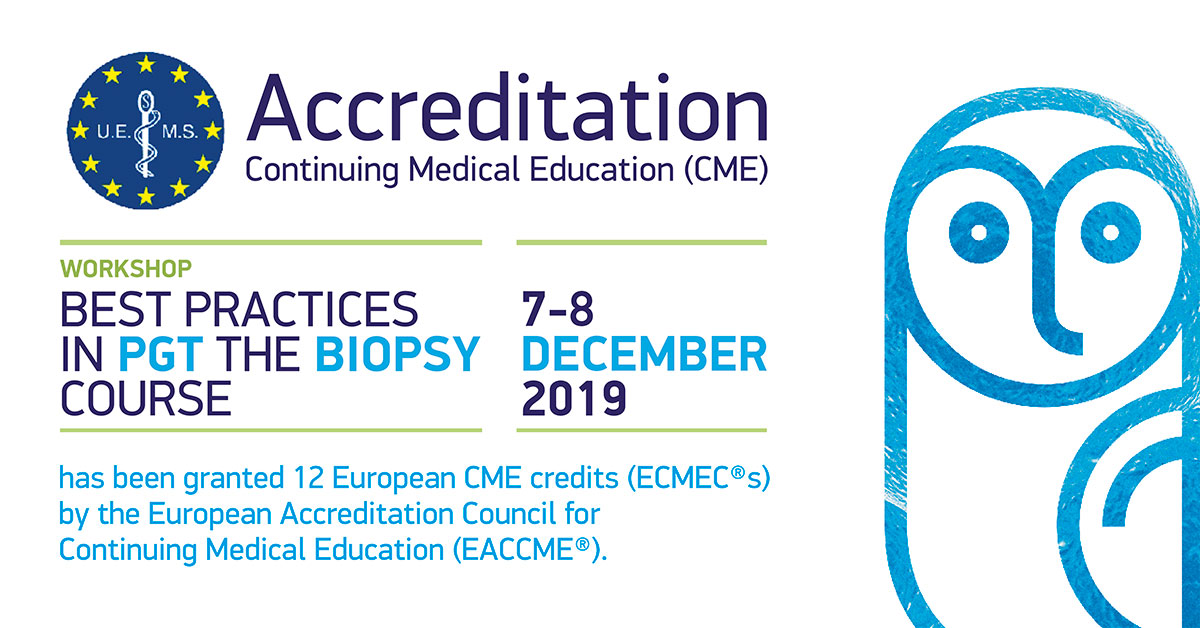
Why should I register
1. Update on all the latest developments in PGT and how they affect the daily practices
2.Hands on training by experts with long experience in teaching and PGT daily practices
3. Interaction with PGT experts and international networking
4. Certificate of attendance with 12 European CME credits (ECMECs)
5. A free Embryolab Academy membership
WORKSHOP’S AGENDA
Saturday, 7th December 2019
11:00-11:45
Registration & Welcome Brunch
11:45-12:00
Welcome
12:00-12:15
The PGT: Past –Present –Future
A. Chatziparasidou
MSc, Sr. Clinical Embryologist, Co-Founder
and Director of Embryolab Academy

PGT was first introduced in clinical practice back in 1989. Since then there has been numerous of developments that have shaped PGT in its current form. This lecture aims to a brief history of the PGT evolution and will attempt a glimpse to the future developments
12:15-12:30
The Genetic tools
I. Papoulidis
BSc(Hons), MSc, ErCLG, Clinical Laboratory
Geneticist (EBMG Certified), Director
ACCESS TO GENOME
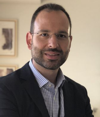
12:30-12:45
The Clinical Aspect of PGT
N. Christoforidis
MD, FRCOG, DFFP, Fertility Specialist,
Co-Founder and Board Member of
Embryolab Academy
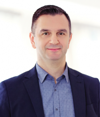
12:45-13:00
PGT Genetic Counselling and Bioethic challenges
G. Samolada
Biologist , MSc, Cytogeneticist, ErGenetic
Counsellor, Board Member of Embryolab
Academy
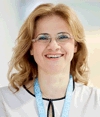
13:00-13:15
Open Discussion Panel
Moderator: A.Papatheodorou
A. Chatziparasidou, I. Papoulidis,
N. Christoforidis, G. Samolada
13:15-13:30
The Blastocyst biopsy technique, tips and tricks
M. Moysidou
BSc., MSc, Biologist, Clinical Embryologist.
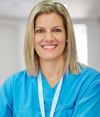
This lecture aims to present all the practical difficulties during the TE biopsy. The aim is to familiarize the participants with the biopsy technique and the challenges it involves!
13:30-13:45
The tubing technique
C. Oraiopoulou
BSc, M.Res., Biologist, Clinical
Embryologist, ESHRE accredited.
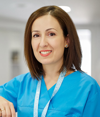
13:45-14:00
Time Lapse Technology in a PGT program
M. Papadopoulou
BSc, Biologist, Clinical Embryologist,
ESHRE accredited
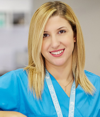
14:00-14:15
Cryopreservation Program and PGT
M. Karagianni
BSc, MSc, Biologist, Clinical Embryologist
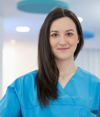
14:15-14:45
Open Discussion Panel
Moderator: A.Papatheodorou
A. Chatziparasidou, M. Moysidou,
C. Oraiopoulou, M. Papadopoulou,
M. Karagianni
14:45-15:30
Lunch Break
15:30-16:00
Setting Up a PGT program and monitoring of a PGT program
A. Chatziparasidou
MSc, Sr. Clinical Embryologist, Co-Founder
and Director of Embryolab Academy

16:00-16:30
Interpretation of the Genetic Results – Result Reports
I. Papoulidis
BSc(Hons), MSc, ErCLG, Clinical Laboratory
Geneticist (EBMG Certified), Director
ACCESS TO GENOME

16:30-17:00
Open Discussion Panel
17:00-17:15
Group Photo
19:30
Workshop Dinner
Sunday, 8th December 2019
The hands-on session aims to introduce participants to PGT all the practical challenges, tips and tricks of a blastocyst biopsy program.
Participants will have:
- An intense 4-hour hands on-session on blastocyst biopsy to optimize their biopsy technique under the supervision of biopsy experts.
- A 2-hour hands-on session on trophectoderm tubing. Tubing experts will demonstrate each critical step of the tubing technique and supervise the participants while performing tubing.
- A 2-hour hands-on session on vitrification and warming of biopsied blastocyst. The vitrification experts will demonstrate explain and teach all the important details and special features of vitrification and warming of blastocysts post biopsy.
The participants will be divided in groups according to their level of expertise for each technique to ensure maximize training and learning experience for all.
This session aims to be highly interactive, promote communication, networking and experience sharing among experts and participants.
09:00-13:00
Hands-on workshop – Group rotation
Blastocyst Biopsy technique: Demonstration & Teaching
M.Moysidou, A.Chatziparasidou, A.Papatheodorou
Vitrification and warming of Blastocysts Post Biopsy
M.Papadopoulou, M.Karagianni
The Tubing Technique
C.Oraiopoulou, S.Sgoura
13:00 – 14:00
Lunch Break
14:00-18:00
Hands-on workshop – Group rotation
Blastocyst Biopsy technique: Demonstration & Teaching
M.Moysidou, A.Chatziparasidou, A.Papatheodorou
Vitrification and warming of Blastocysts Post Biopsy
M.Papadopoulou, M.Karagianni
The Tubing Technique
C.Oraiopoulou, S.Sgoura
17:00-17:15
Closing Remarks
Evaluation Forms and Certifications of Attendance
Download the workshop’s brochure from here.
Workshop Supporters


































